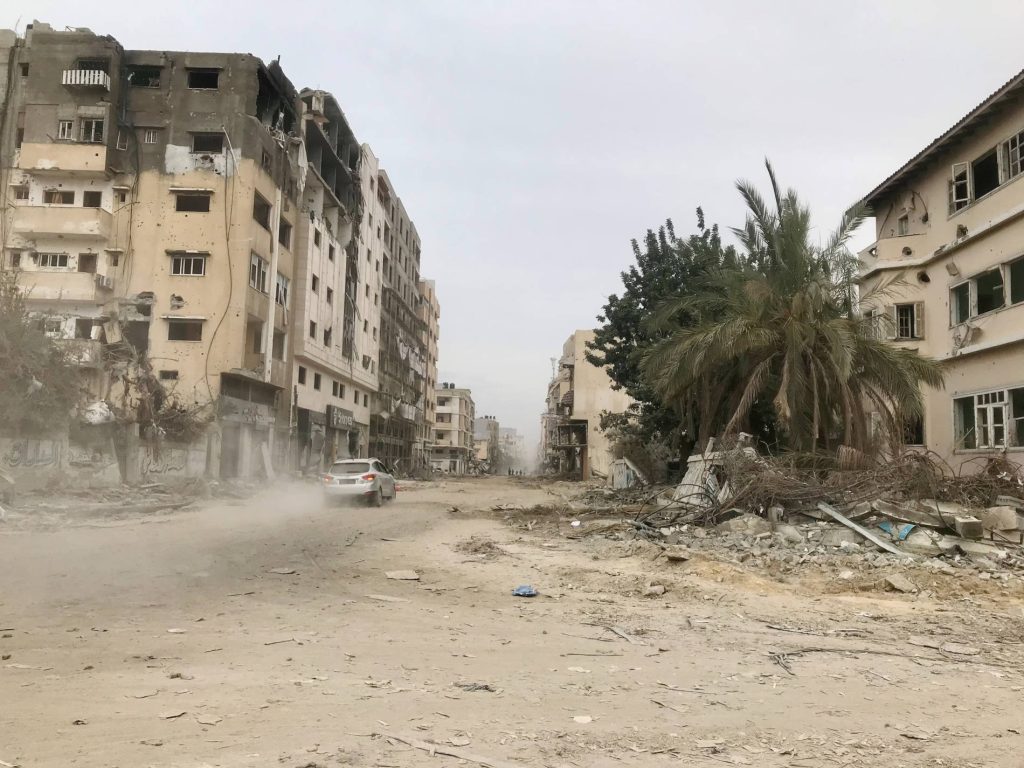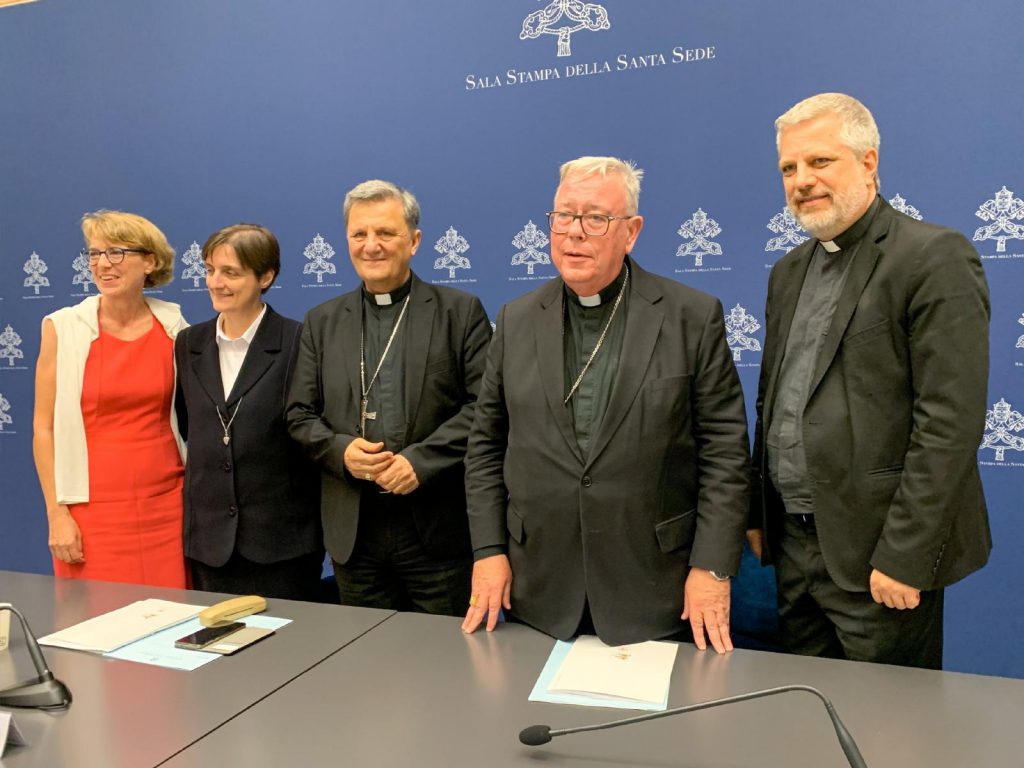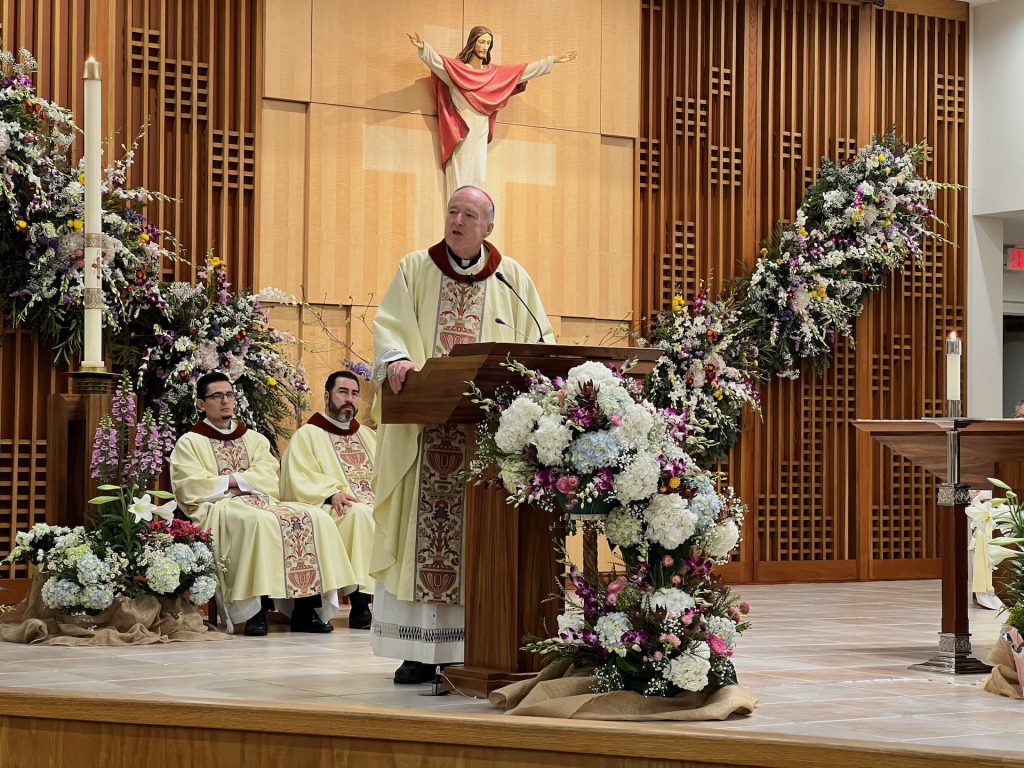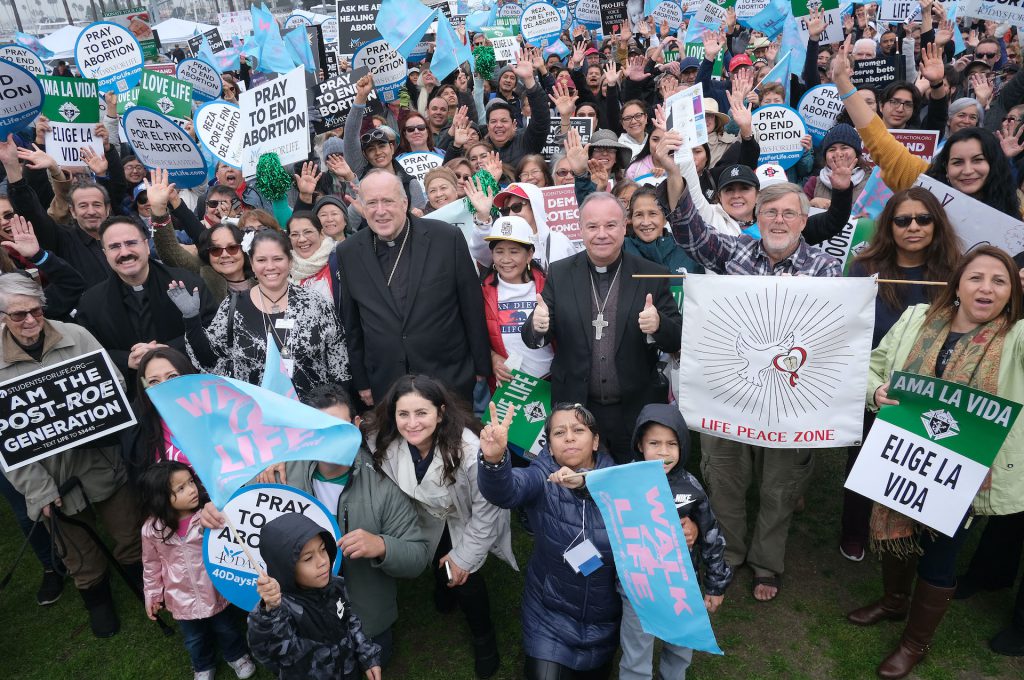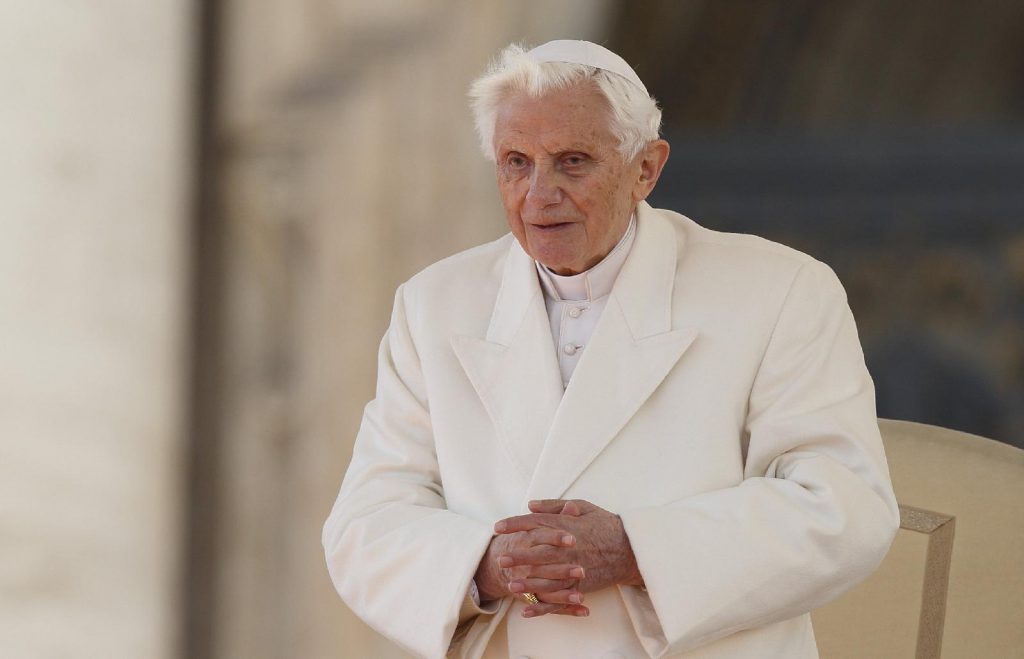On Saturday, Aug. 27, in front of thousands in St. Peter’s Basilica and millions around the globe, 20 men from five continents will hear their names read aloud by Pope Francis, announcing to the world that they have been elevated to the College of Cardinals. All of them will serve as advisors to His Holiness; 15 will be future electors of the next pope. Among those cardinal-electors will be San Diego Bishop Robert McElroy.
Bishop McElroy will be the first person named a cardinal from the diocese and will be the only voting member of the College of Cardinals west of Houston. As a cardinal, he will continue to lead the San Diego Diocese.
Bishop McElroy, 68, was born in San Francisco. He was ordained a priest for the San Francisco Archdiocese in 1980 and was consecrated as an auxiliary bishop for San Francisco in 2010, later becoming the bishop of San Diego in 2015.
Long-time friends described a man gifted with extraordinary intelligence and superior communication skills, yet humble and friendly. Most of all, they talk about his passion to serve. “All of us who knew and worked with (Bishop McElroy) knew he would become a cardinal some day,” said Santa Fe Archbishop John Wester, who has known and worked with Bishop McElroy for more than 40 years. “The only question was where and would he have to move to New York, Boston or some other major see in order for that to happen. Happily for him, he gets to stay in San Diego, a city he dearly loves.”
Like Bishop McElroy, Archbishop Wester began his vocation as a priest of the Archdiocese of San Francisco, with the two men becoming close friends and colleagues as they each moved through their assignments. Both attended Our Lady of Mercy Grammar School in Daly City and St. Joseph high school seminary, both served as parish priests and both men served as auxiliary bishops in San Francisco. Archbishop Wester headed first to Salt Lake City and then Santa Fe, while Bishop McElroy came to San Diego.
“In his heart, he has never stopped being a pastor,” Archbishop Wester said, reflecting on the 14 years Bishop McElroy spent in his final parish assignment as pastor at St. Gregory Parish in San Mateo. “It’s the lens through which he sees the world. He is genuinely humble. It’s not a puton, not a false sense of humility. Of all the bishops who might receive ‘a red hat,’ he’s probably the least desirous of it than anyone.
“He has never been ambitious for himself. For him, it’s always been about service and what he can do to serve the people of God.
“He wants to shepherd people. I think Pope Francis sees that, and he also sees his brilliance,” continued Archbishop Wester. “I could easily see the pope saying to himself, ‘This is great. This is marvelous. We can have both of these in the same package.’”
Instead of attending college seminary immediately after high school, Bishop McElroy decided to attend a secular university first and then return to seminary to pursue his vocation. The results were a bachelor’s degree from Harvard in American History, and two degrees from Stanford; a master’s degree in American History and a Ph.D in Political Science. Upon graduation from St. Patrick’s Seminary in Menlo Park, he was granted a master’s in Divinity (M.Div), followed by a Licentiate in Theology from the Jesuit School of Theology and a doctorate in Moral Theology (STD) from the Pontifical Gregorian University in Rome.
As a San Francisco auxiliary bishop and as bishop of San Diego, Bishop McElroy played an active role in the California Catholic Conference (CCC), which represents all 12 California (arch)dioceses on public policy matters in the State Capitol. There he met and worked with Ned Dolejsi, the former executive director of the CCC.
“Bishop McElroy is a deeply pastoral man, who is dedicated to helping people live their faith more fully,” said Dolejsi. “His ability to communicate and explain complex issues, while weighing the moral, theological and political factors involved, is uncanny and shows what a gifted communicator he is.
“Whenever the bishops met to create public statements or major policy papers,” said Dolejsi, “The first thing they did was to draw Bishop McElroy into the conversation to see if he would prepare the first draft.”
Father Tom Reese, a Jesuit priest and expert commentator on national and international issues affecting the Church, said Bishop McElroy first came to national attention 10 years ago when he was a San Francisco auxiliary bishop attending meetings of the U.S. Conference of Catholic Bishops.
“The bishops would be debating issues on the environment or faithful citizenship or other matters of public policy,“ Father Reese said. “And Bishop McElroy stood out. He was intelligent and articulate. He held their attention. Over time, it was clear the other bishops wanted to hear what he had to say.
“I think those are the same qualities that Pope Francis saw in him and why the pope wanted him to serve on the College of Cardinals.”




